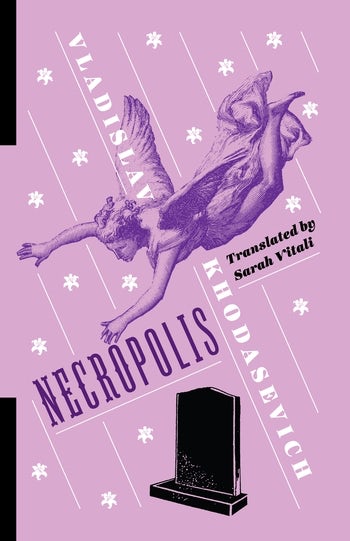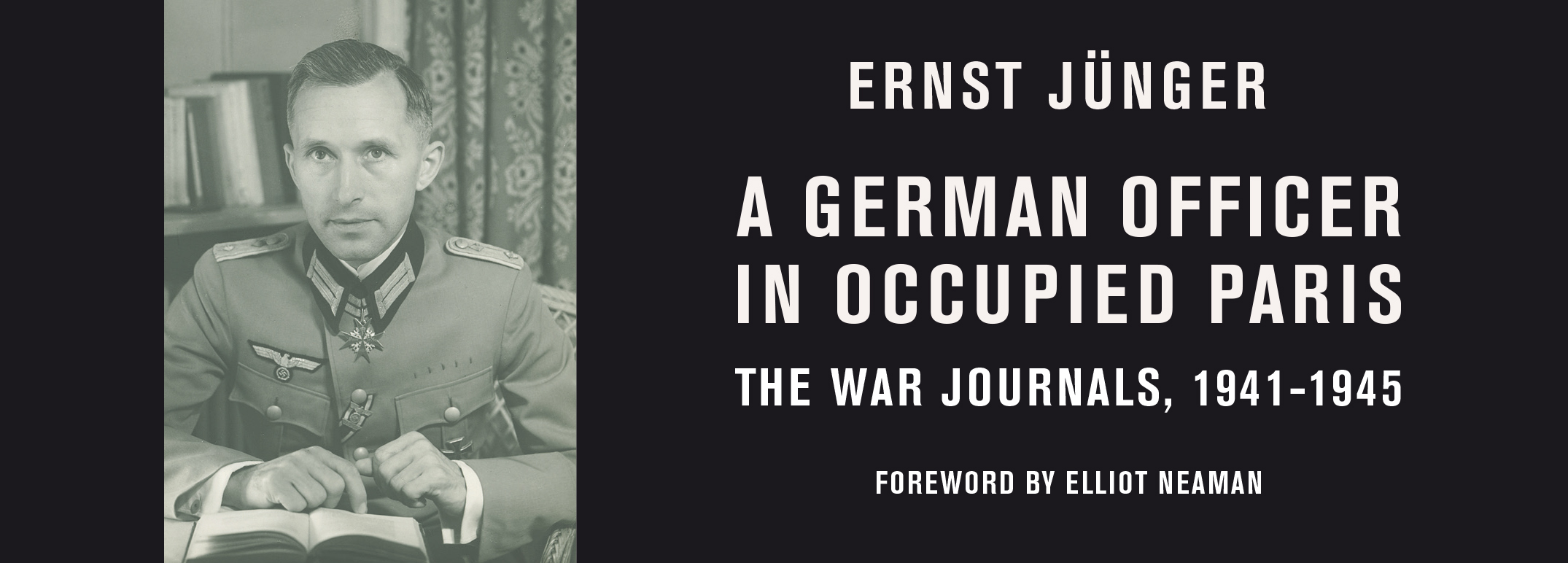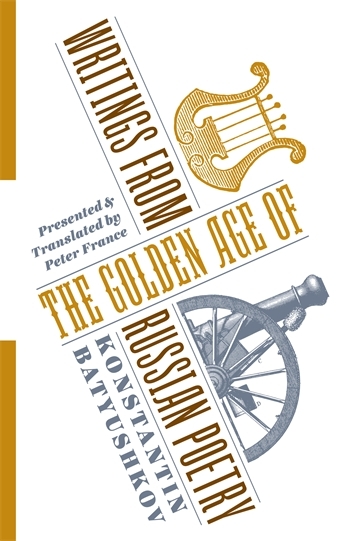Susanne Fusso on Nikolai Nikolaevich and Camouflage and Yuz Aleshkovsky’s Contribution to Russian Literature

“Joseph Brodsky once noted that Aleshkovsky had a Mozartian ear for the Russian language, and Nikolai Nikolaevich (1970), his first novel, as well as Camouflage (1978), his fourth – written the year before the author emigrated permanently to the US – are indeed virtuoso performances. . . . Staying faithful to Aleshkovsky’s foul-mouthed muse, White’s translation, edited by Fusso, mines the rich muck of anglophone cussing with evident glee, and the effect is delightful.”
~ Boris Dralyuk, Times Literary Supplement
Today, we invite you to join us in celebrating renown author Yuz Aleshkovsky’s 90th birthday! In this National Translation Month piece, Susanne Fusso closes out this week’s theme— translated works about crime and deception—with a fascinating look at Nikolai Nikolaevich and Camouflage: Two Novels and Aleshkovsky contributions to Russian literature. These two novels, translated by Duffield White and edited by Fusso display Aleshkovsky’s vivid imagination and unmistakable voice, as he turns Soviet reality into mad monologues whose unhinged speakers revealed everyday and cosmic truths.
Enter our drawing by midnight tomorrow for a chance to win a free copy of the book!
• • • • • •
“But to give you a better grasp of the details of life here, I’ll let you in on a few military secrets. We who are working above ground are struggling to make this city of ours, Staroporokhov, dear Old Dusty, look like the dirtiest, most amoral, and most deceitful city in the whole country. In a word, we are camouflaging, while down below, they’re making hydrogen bombs (our comrade foreigner is clueless, of course). I myself am a camouflager of the eighth (highest) rank. My work is alcoholism. I’m a brigade leader. When it’s payday, my brigade gets drunk, spreads out through the city, smashing the mugs of fellow citizens (who are also camouflagers by profession). My job as boss is to sprawl on the bench beside Lenin’s statue and snooze all night. . . . Our electronics guys have it all figured out — they’ve done the calculations and written the program. Just when an American satellite is about to fly over Staroporokhov, lines form outside our food stores, making it look like they’re selling meat, butter, and sausage. . . . Fights break out in the parks. The bathhouses are steaming, and, of course, the theaters and dance halls are busy. In a word, the full appearance of reality! Camouflage, brother! Camouflage!”
Equivocation, deceit, and paradox are the very essence of the plot of Yuz Aleshkovsky’s 1977 novel Camouflage, in which an alcoholic narrator claims to be part of a vast team engaged in creating a simulacrum of depressing Soviet reality for the benefit of American spy satellites flying overhead, while underground, in sparkling laboratories, scientists and technicians are hard at work on nuclear bombs. But throughout the novel, the reader is left unable to decide: Is this a science fiction tale or a realistic picture of Soviet life in the 1970s? Aleshkovsky’s novel interrogates the multiple deceptions at play in the USSR of the Brezhnev era, centering on the bitter realization that a revolution in the name of the People has devolved into a system in which those at the top enjoy a luxurious life while the People starve and descend into mindless drunkenness. Camouflage cuts through the illusions of propaganda (whether emanating from Soviet television or the Voice of America) to the essence of the Soviet experience.
Duffield White, Yuz’s colleague at Wesleyan University, translated Camouflage as well as an earlier transgressive and groundbreaking novel by Yuz, Nikolai Nikolaevich. The two novels have been published in a single volume by Columbia University Press’s Russian Library series. Like Camouflage, Nikolai Nikolaevich (1970) is a monologue, spoken to a drinking companion by the titular hero. A pickpocket by trade, Nikolai Nikolaevich is released from prison after World War II and finds a job in a Moscow biological laboratory. He begins as a kind of janitor but is soon recruited to provide sperm for strange experiments intended to create life in the Andromeda galaxy. The uneducated but preternaturally perceptive hero eventually finds himself at the center of the 1948 purge of biological science in the Soviet Union. Both novels display Yuz’s mastery of Russian oral speech, incorporating prison slang, drunkards’ argot, and the rich tradition of mat (obscene language). The “unprintable” language of his heroes, ultimately the instrument of loyalty, faithfulness, and love, is juxtaposed with the truly obscene persecutions of the Soviet state.
“Both novels display Yuz’s mastery of Russian oral speech, incorporating prison slang, drunkards’ argot, and the rich tradition of mat (obscene language).”
Yuz Aleshkovsky was born in Siberia in 1929, the year of Stalin’s “Great Turn” toward industrialization and collectivization. Raised in Moscow, he endured some of the key experiences of the Soviet century — wartime evacuation, imprisonment in Siberia (on a petty criminal charge), liberation upon the mass amnesties that followed Stalin’s death in 1953, and the ideological totalitarianism that forced some of Russia’s best literary talents into writing “for the desk drawer,” i.e., with no hope of publication. The paradox of the unfreedom of official literary life in the Soviet Union is that it engendered literature of a breathtaking freedom of form and language, of which Aleshkovsky’s works are a prime example. In 1979, Aleshkovsky realized that his personal freedom was in peril, and he and his wife, Irina, left the Soviet Union. In the same year, Priscilla Meyer, a scholar of Russian literature and professor of Russian at Wesleyan University, invited them to settle in Middletown, Connecticut, where Aleshkovsky has been a precious literary and cultural resource for students and faculty of Wesleyan ever since, and where his wife Irina is a beloved professor of Russian language and film.
“In short, this gathering of some of the most talented and important writers, poets, playwrights, artists, and other people involved in the arts was an EVENT, centered around the return of Aleshkovsky.”
I met Yuz in 1985, when I began teaching at Wesleyan, just before the first publication of one of his novels in English translation, Kangaroo. But I don’t think I really appreciated his importance in Russian culture until September 1988. By chance, I was beginning a semester’s research stay in Moscow at the same time that Yuz was visiting the Soviet Union for the first time since he had emigrated. I had no friends or contacts in Moscow except for a few telephone numbers of people I had never met and on whom I had very little claim. On my first Saturday night in Moscow, I called Yuz, and he said, “We’re going to a party at a writer’s place. Meet my son Alyosha in the Metro and he’ll bring you.” The party was large, exciting, and bewildering—a gathering of brilliant, witty people who had been invited expressly to see Yuz again, or to meet him for the first time. I met a married couple, the artists Sergei Semyonov and Olga Monina, who became close and supportive friends. A guest came late, with a cast on his arm (he’d been hit by a car), and recited astoundingly brilliant poems, the like of which I had never heard. Only later did I really get clued in that the host (Evgeny Popov) and the guest with the broken arm (Dmitri Prigov) were two of the most important contemporary writers, and that getting to have dinner at this “writer’s place” was something I could never hope to have achieved if I had not been Yuz’s friend. In short, this gathering of some of the most talented and important writers, poets, playwrights, artists, and other people involved in the arts was an EVENT, centered around the return of Aleshkovsky. His contribution to Russian culture had not been forgotten, and I was privileged to witness the tribute that was being paid to it.
Today is Yuz’s 90th birthday, and those of us fortunate enough to be his friends know that he has retained his incisive wit, psychological wisdom, culinary skill, and phenomenal linguistic inventiveness. Yuz’s spirit of bravery, humor, tenacity, and tenderness is reflected in all his work. It transcends the historical moment it depicts and provides lessons for anyone trying to retain their dignity and freedom in the face of cruelly exercised power.
If you enjoyed this post, enter our drawing for a chance to win a free copy of the book. Or, save 30% on either edition when you order online using coupon code: CUP30!







